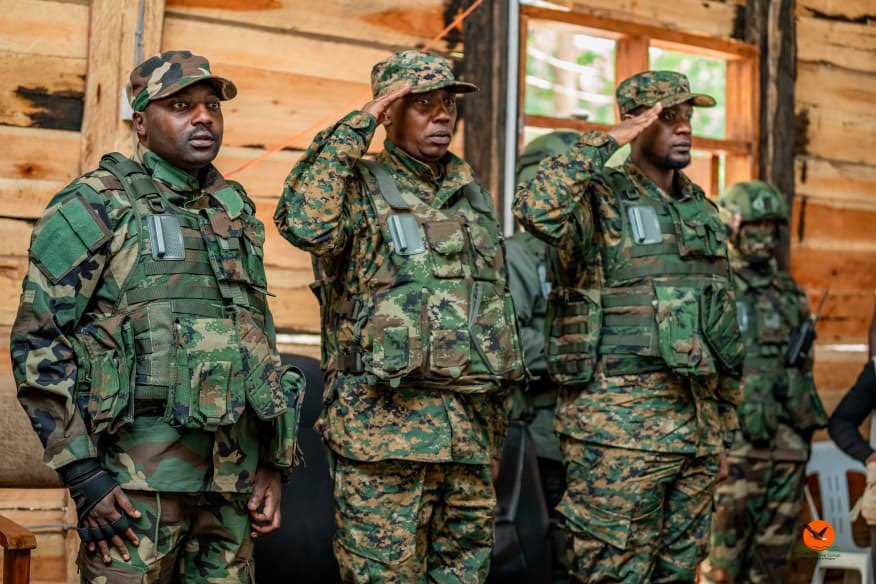GOMA — The M23 rebel movement has announced that, starting November 1, it will no longer recognize travel documents issued by the Congolese government for access to areas under its control, including the cities of Goma, Bukavu, and large parts of North and South Kivu provinces.
In a statement signed by Bertrand Bisimwa, M23’s deputy coordinator for political, legal, and diplomatic affairs, the rebels described the measure as an act of “reciprocity,” pointing to Kinshasa’s February 2025 decision to invalidate M23-issued papers.
“Any foreign national wishing to access areas occupied by our movement must now be in possession of a visa issued by it,” Bisimwa declared. “Visas and travel documents from Kinshasa will be considered invalid.”
He clarified that visas issued before February 2025 would remain valid, while UN staff holding service or official passports with duly recognized courtesy visas would continue to enjoy free, unconditional access.
Crackdown on Rebel Papers
Since January, the DRC’s General Directorate of Migration (DGM) has been seizing M23-issued travel papers, including CPGL authorizations and movement permits, from travelers intercepted in Beni, Butembo, and Kalemie.
While Rwanda and Uganda still accept M23 documents, Burundi formally banned them in May 2025.
Rising Concerns in Eastern Congo
The announcement has drawn sharp criticism from residents and civil society groups, who fear the policy will severely restrict free movement and deepen political fractures in eastern Congo. Some activists have warned it amounts to de facto “balkanization” of the region.
M23’s control of Goma since January 2025, its most significant territorial gain in a decade, has already allowed the group to establish parallel governance structures in occupied territories — a move that has escalated tensions with Kinshasa and raised concerns about the future stability of the region.




